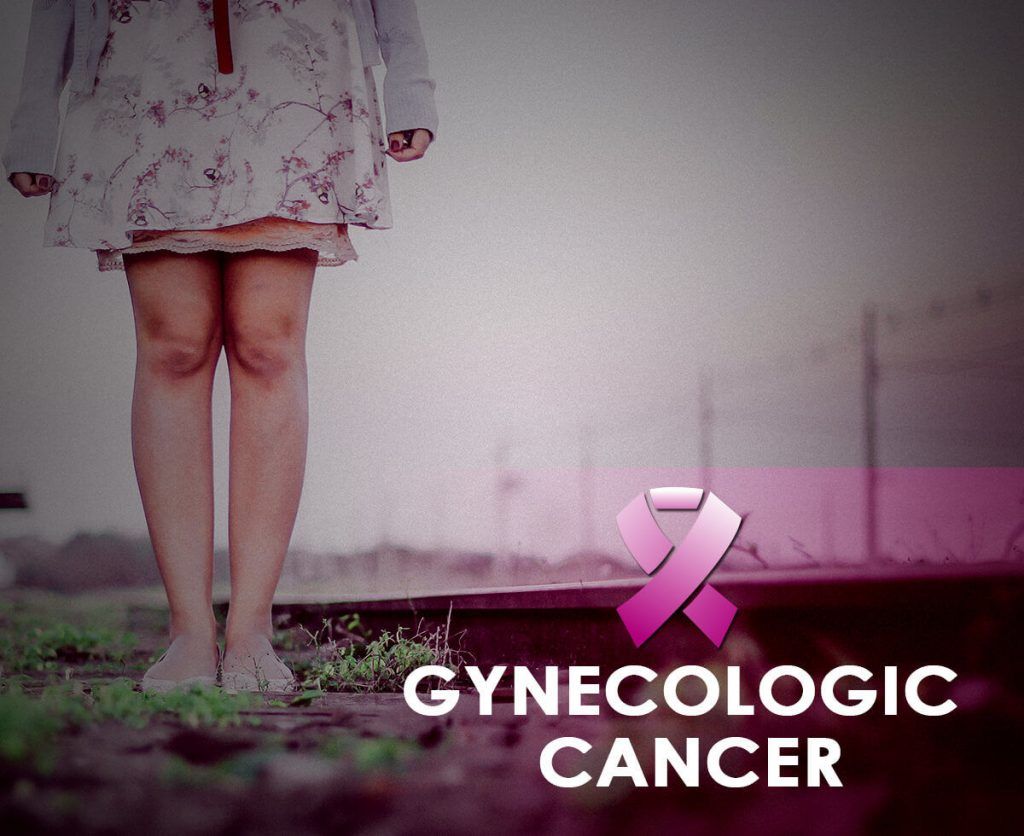GYNECOLOGIC CANCER

Gynecologic Cancer is a condition of uncontrolled growth of cells. This condition affects the tissues. And it occurs in the woman’s reproductive organs.
Every woman is at risk of having this cancer. It is important to notice the early warning signs. And what type of cancer you have. It is for your own benefit. Learn what you need to do to reduce your risk in getting this condition.
There are different ways of treating the cancer. It will vary depending upon the type and how rapid cancer has been spread.
WHAT CAUSES GYNECOLOGIC CANCER
The main cause of the cancer is a virus known as HPV. This virus occurs in the cancer. This causes other diseases.
The following are the causes of the cancer:
- Cervical Cancer
- Ovarian Cancer
- Uterine Cancer
- Vaginal Cancer
- Vulvar Cancer
SIGNS AND SYMPTOMS OF GYNECOLOGIC CANCER
The following are the signs and symptoms of the different type of Cancer.
SYMPTOMS OF CERVICAL CANCER
- Abnormal Vaginal Bleeding
- Vaginal Discharge
- Vaginal Odor
- Pelvic Pain
- Pain during sexual intercourse
SYMPTOMS OF OVARIAN CANCER
- Abdominal Pain
- Vaginal Discharge
- Extreme onset bloating
- Feeling full quickly
- Frequent Urination
- Pelvic Pain
- Itching
- Skin discoloration
SYMPTOMS OF UTERINE CANCER
- A white discharge from the Vagina
- Heavy menstrual period
- Vaginal Bleeding after menopause
- Persistent pain in the Pelvic area
- Pain during Sexual Intercourse
SYMPTOMS OF VAGINAL CANCER
- Vaginal Bleeding
- Vaginal Discharge
- Frequent Urination
- Pain during Intercourse
- An obvious Mass
SYMPTOMS OF VULVAR CANCER
- Persistent itching
- A white area that feels rough
- Burning sensation while urinating
- A red or white bump having a wart-like surface
- Bleeding not associated with Menstruation
GYNECOLOGIC CANCER RISK FACTORS
The following risk factors that have a higher chance of getting the disease:
- Age
- Family History
- Birth Control
- Breast Cancer
- Hormone Therapy
- Reproductive History
- Obesity
- Endometriosis
- Fertility or Infertility Treatment
- Gynecologic Surgery
REDUCING RISK OF GYNECOLOGIC CANCER
The listed below are tips to reduce the risk of developing the disease.
- Get HPV Vaccine.
- Get regular screening tests.
- Women should have their first Pap smear at the age of 21.
- Avoid Smoking.
- Eat healthy and Nutritious foods.
- Recognize the Warning Signs.
HOW PREVENTION GYNECOLOGIC CANCER
These are the following ways to prevent having the cancer.
- Pay attention to your Body.
- Know your family history.
- Get HPV Vaccine.
- Limit the number of sex partners.
- Quit Smoking.
- Delaying first sexual activity until the late teens.
- Avoid having sex with a person who had many partners.
- Avoid having sex with a person that has genital warts.
TREATING GYNECOLOGIC CANCER
There are different treatments used in treating this condition. But it varies upon the type of your cancer. And how rapid it spread to different organs of your body.
The treatment includes:
- Surgery
- Chemotherapy
- Radiation
PRESCRIPTION MEDICATIONS FOR GYNECOLOGIC CANCER
Medications are use in treating your condition. The following are types of cancer and some prescribed medicines.
Cervical cancer:
- Avastin (Bevacizumab)
- Pembrolizumab
- Bleomycin
Ovarian Cancer:
- Avastin (Bevacizumab)
- Alkeran (Melphalan)
- Carboplatin
Uterine Cancer:
- Carboplatin
- Doxorubicin (Adriamycin)
- Paclitaxel (Taxol)
Vaginal Cancer:
- Gardasil
- Gardasil 9
Vulvar Cancer:
- Bleomycin



